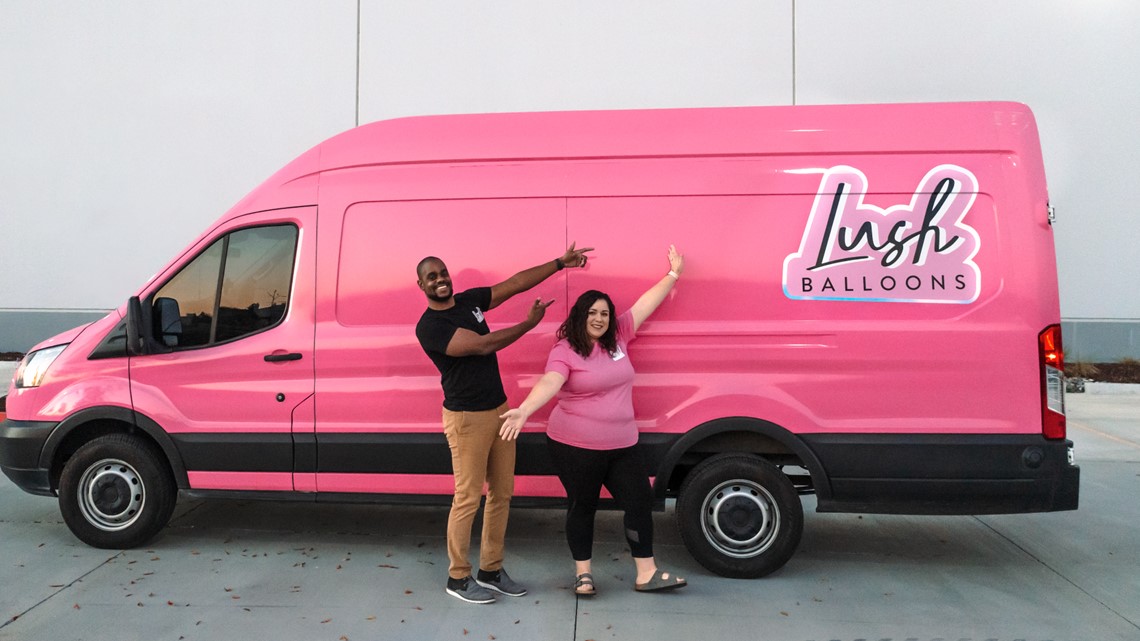SACRAMENTO, Calif. — Each year, Labor Day is observed on the first Monday in September. It's all about celebrating the social and economic achievements of workers in the U.S.
However, America's workforce still comes with systemic inequities, like racial and gender pay gaps, especially for Latinas and Hispanic women. Even though their contributions boost the national economy, many see little return for their work.
According to the California Commission on the Status of Women and Girls, Latinas in the U.S. are typically paid just 55 cents for every dollar paid to a white male worker. In California, that number can be as low as 42 cents.
The American Association of University Women (AAUW) is a non-profit organization on a mission "to advance gender equity for women and girls through research, education, and advocacy."
The latest AAUW report shows deeply rooted structural inequities in education, health and the economy can limit a Latina's ability to build generational wealth. The report also explains that Latinas won't be able to achieve equal pay until the year 2197 at the current rate of change.
Michelle Brown, who identifies as a Mexican woman, lives in the Greater Sacramento area. She entered the workforce about 14 years ago. Since then, Brown says she's always experienced racial and gender disparities in the workplace.
"I've lived it, I've seen it," Brown said. "There was a very big gap difference in pay between my husband and I."
While working as a bank teller, Brown says her husband, who's a Black man, earned $1.50 more in pay for the same job with the same company. Brown says she had more work experience in banking and spoke English and Spanish, fluently.


"Even as we both moved up, we both realized that I was always given the very short end of the stick," Brown said. "I was constantly told that I could not negotiate, even though I knew my husband negotiated or other men in the industry."
The Sacramento Hispanic Chamber of Commerce was established in 1972. Since then, the chamber has been working to foster business and economic growth in the Sacramento Region. They, specifically, help entrepreneurs in Hispanic and Latino communities.
"I wish I had the answer as to why these disparities exists," said Cathy Rodriguez Aguirre, president and CEO of the Sacramento Hispanic Chamber of Commerce. "It always comes back to access to opportunities. Latinas, every day, are opening up there own businesses. A lot of them are doing it because they were not seen, or not feeling valued in the workforce. So, they left."
Brown eventually left banking and launched a luxury balloon company in Roseville called "Lush Balloons." It's all about creating "long lasting, high quality and Lush Balloon Garlands, Balloon Arches, Balloon Bouquets and custom Balloon Installations" for occasions or events in the Greater Sacramento region.


But, even as an entrepreneur, Brown says she still faces systemic inequities, like lack of opportunities in securing funding, mentorship and workspace. At times, Brown says, customers are surprised to learn that she's the creator and owner of Lush Balloons - as a Latina.
Despite the challenges in corporate America and entrepreneurship, Brown continues to press forward in an effort to encourage others, especially in Latina communities and other historically marginalized groups.
"I never fit in, anywhere that I was employed," Brown said. "So, I always knew in my heart that I needed to be doing my own thing. The best way to celebrate Labor Day is to empower those who feel like they cannot speak up or who do not have a voice."

